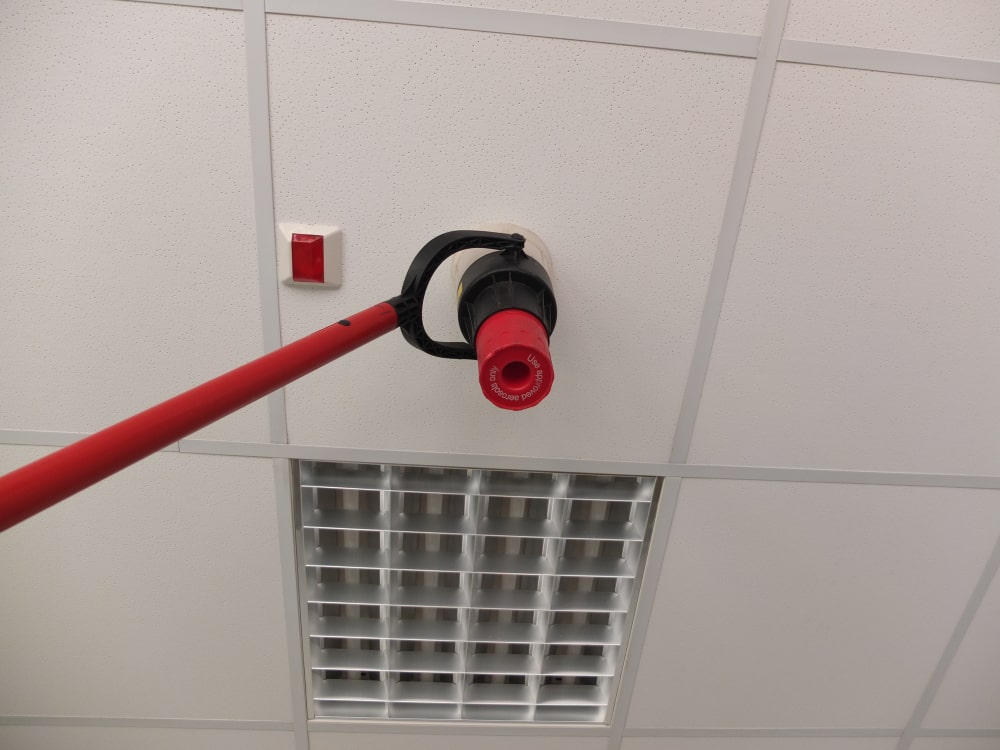Without stating the blindingly obvious, the immediate consequence of poor fire alarm maintenance is that people, property and processes will be placed at greater risk of damage should a fire breakout. But what are the legal requirements for fire alarm maintenance?
There is no simple answer to this question because the rules are complex and will depend on the size of your business and the fire risk. There is also lots of ambiguity over defining who is a competent person. However, maintaining your fire alarm system is a key part of commercial building fire safety regulations
These are the principle legal requirements:
By definition, the consequence of poor fire alarm maintenance means that your log book would not have been updated with a servicing certificate. More importantly though, fire detection system operation checks and the inspection of equipment such as call points, detection devices and sounders that would normally have been completed would not have been done regularly. This places responsible individuals and company Directors in breach of the Fire safety order 2005.
Not only will your business not be compliant, there is a higher risk that faults and defects within the system and other equipment such as control panels, manual call points, fire detectors, sensors and fire extinguishers won’t have been identified and fixed.
The result, should a fire break out, is that the fire investigation team will review policies and procedures leading up to the fire and seek to prosecute those responsible for not having executed fire safety regulations in accordance with the 2005 Regulatory Reform (Fire Safety) Order.
The Regulatory Reform (Fire Safety) Order 2005 outlines guidance for fire and rescue authorities and other bodies about their duty to enforce fire safety in non-domestic premises. Subsequently, these are the guidelines that are used to assess negligence.
BS 5839: Part 1 sets out the code of practice for design, installation, commissioning and maintenance of systems in non-domestic premises is a standard published by the British Standards Institution.
If lack of fire alarm system maintenance is judged to be negligent, and this is proven to have led to a fatality and/or serious damage, the legal consequence is that the Responsible Individual(s) may face a prison sentence.

Fire alarm being maintained
This means that company directors, property owners and landlords as well as individuals or teams who act as the Responsible Individual risk prosecution and possible prison sentences if they do not ensure their systems are maintained and that regular fire risk assessments have been carried out to ensure fire protection.
Punishment will be related to the severity of the negligence that has led to a fire breaking out. Punitive measures can include prison, fines, and a withdrawal of fire service support. There are also the business consequences, such as loss of earnings and the inability to work from the fire damaged premises.
Whilst of course a fire breaking out is the ultimate consequence of not maintaining systems adequately, without regular maintenance your systems will also be more susceptible to equipment failure. This could result in false alarms or unwanted fire alarm activations which lead to loss of revenue, business interruption and a poor reputation.
The overall objective of a fire risk assessment is to identify fire risk, minimise the threat, and recommend the category of fire alarm system that should be installed to provide an early warning of a fire.
Part of the fire risk strategy will be to ensure your fire systems and fire extinguishing equipment comply with fire safety regulations which includes the requirement to ensure that they are maintained in accordance with the guidelines set out in the 2005 Regulatory Reform (Fire Safety) Order.
Tecserv has published many other useful articles related to this topic which might help to enhance your understating of your obligations:
If you would like to learn more about ensuring your fire alarm system is well maintained and the role of the ‘Responsible Individual’ please complete the enquiry form below.

Colin joined Tecserv UK Ltd in 2010. He has been in the fire and security industry for 30 years + and in that time has held a number of senior positions. His experience helps to bring focus and growth to our sales and marketing strategy by being objective driven and KPI measured.